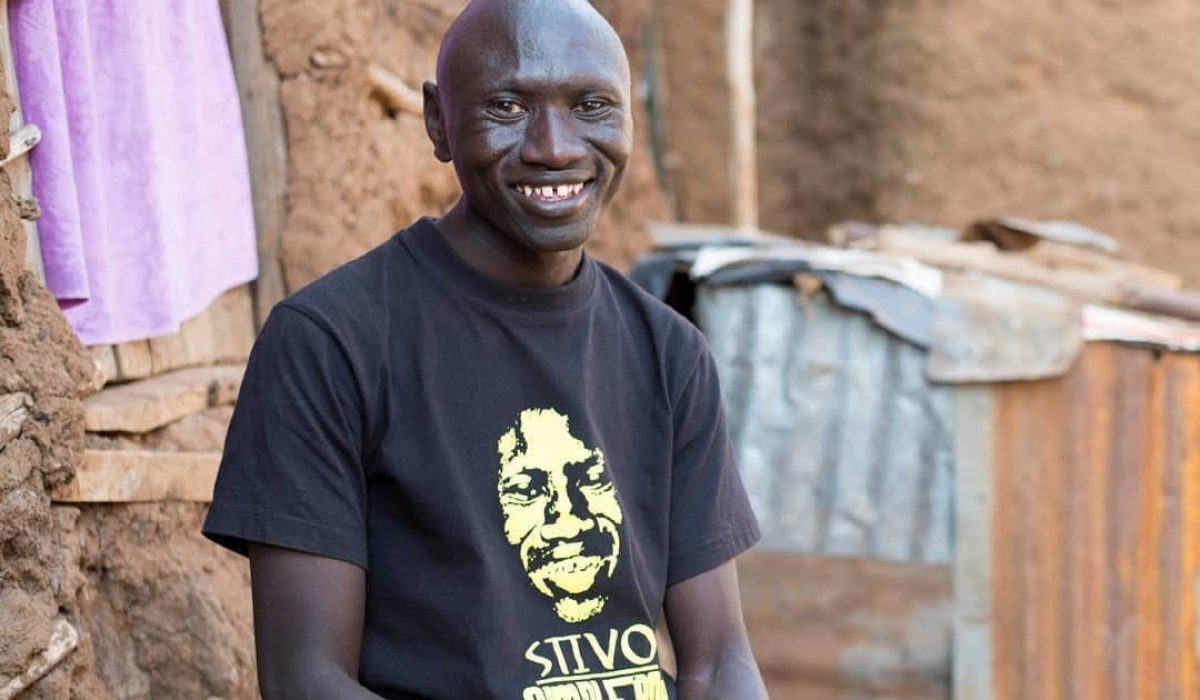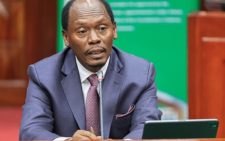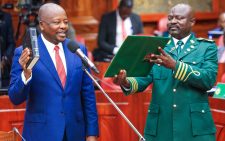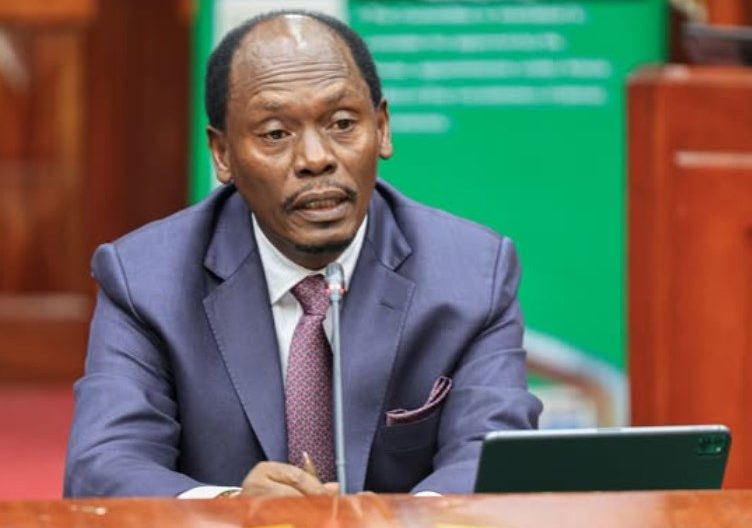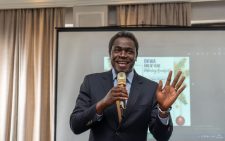Why Kibera is a breeding ground for many talents
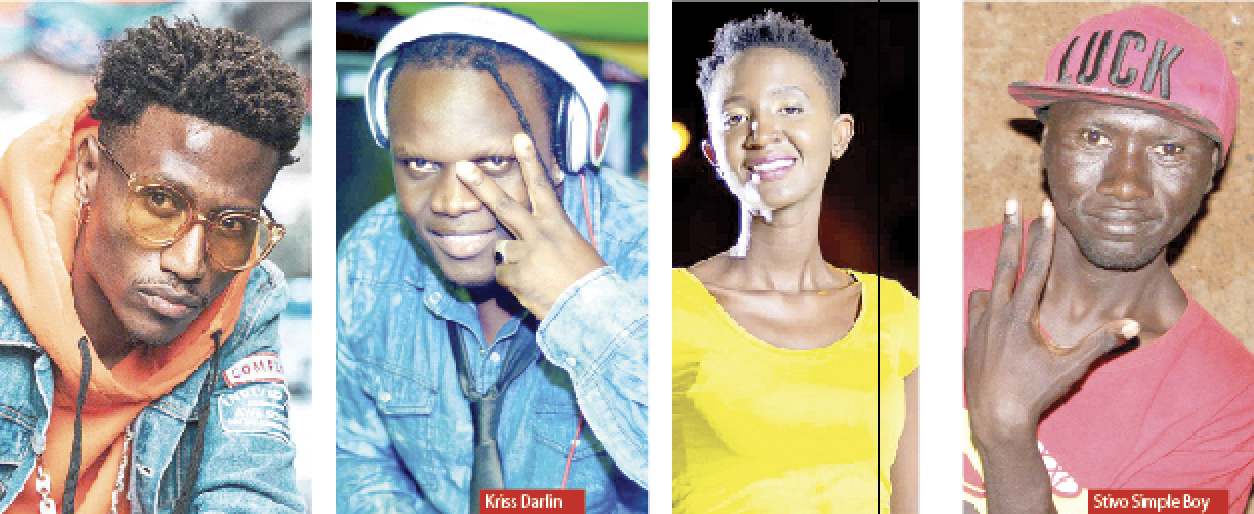
When it comes to who rules the roost in artistic talents in the city, the east of Nairobi, popularly known as Eastlands, claims the mantle. For many years, Eastlands’ hoods such as Dandora, Kayole, Jericho, Kaloleni and Bahati have produced many talents in diverse fields of art.
Urban hip-hop in Kenya can trace its roots in Dandora, thanks to the highly talented, but radical rap trio Kalamashaka that comprised Johnny Vigeti, Kamah and Roba. The three inspired other hip-hop groups such as Ukoo Flani Mau Mau —a mash up of the groups Ukoo Flani from Mombasa and Mau Mau from Nairobi’s Eastlands. Other estates such as Kayole, Kariobangi and Umoja have produced many artistes, among them Khaligraph Jones, Hope Kid, Abbas Kubaff and Mr Googz.
It is in Eastlands that Kenya’s best boxing, martial arts and football talents were born or bred. From boxers Ibrahim ‘Surf’ Bilali, Robert Wangila (the country’s only Olympic boxing gold medal winner) and Sylvanu Okello, to footballers Musa Otieno, Victor Wanyama, McDonald Mariga and Michael Olunga, the east of the city has been a true talent factory.
However, over the years, the south of Nairobi, specifically Kibra (or Kibera aka Namba Nane) has emerged as another hub of art talents. Be it producing standout talents in music, visual arts, sports, comedy and modelling, the expansive slum has been on the rise as a breeding ground.
Kibera’s finest
Recently, Kibra has been a beehive of political activity following the death of area MP Ken Okoth in July. Political euphoria has reached fever pitch as political parties drum up support for their candidates for the upcoming by-election.
As soon as the seat was announced vacant, one of the people who emerged was Christone Odhiambo aka Kriss Darlin. However, the reggae deejay and founder of the Dohty Family entertainment label failed to clinch the ticket in the ODM primaries, despite his popularity in showbiz. As his name suggests, he is a darling of Kibra for his philanthropic work. Through his Kriss Darlin Foundation, he has spearheaded charity initiatives such as sanitary towel drives for schools in Kibra and football tournaments for the area youth.
Limitless opportunities
In music, Kibra also scores through artistes such as Octopizzo, Kayvo K-Force and Moroko Kalahari.
“I didn’t have a local icon to look up to, but as an aspiring rap artiste, I would meet up other young people with similar talent in the streets for free-styling sessions and that’s where I honed my skills,” says Moroko.
While music was one of their ways out of the world of crime and drugs, some crucial aspects of the music business ecumen escaped Moroko and his rapping peers. Lack of sufficient knowledge on how to commercialise their art became a major challenge to them.
Says Moroko: “While there is a lot of talent in Kibra, the creatives are yet to find their voice when it comes to important matters such as Intellectual Property rights, royalties and copyright. This is not just in music, but also photography, modelling, visual artistry and other creative spheres.”
Brian Esendi, aka Bankslave, is one of the most popular names in the graffiti world. Hailed as Kenya’s ‘godfather of graffiti’, his work speaks loud for him. A son of Kibra, Bankslave’s 16 years of experience has seen him transverse the world to express his artistic creativity. Creating art is his way of expressing himself. His recent collaboration with Nairobi eat out joint, Nyama Mama, saw him paint a four-metre canvas installation; a project he said was inspired by the Nairobi culture.
One of city’s most popular music record and talent management labels, Grandpa Records, is located in the heart of Kibra. It is credited with releasing some of the country’s urban pop hits with artistes including Sauti Sol, Wyre, DNA, Kenrazy, Mr Lenny, Pizo Dizo, Dufla Diligon, Gin Ideal, Kidis and Visita.
The music stable’s founder and CEO Yusuf Noah aka Refigah has never shied from being a son of Kibra, the largest urban slum in Africa.
“I started out as a rapper with a group called Nubians With Attitude (in the early 2000s) at the time when rap culture was becoming a major phenomenon. The lessons I learnt growing up in Kibra and also in the music industry are partly what make Grandpa Records the household brand it is today,” Refigah tells Spice.
Born and bred in Kibra, rapper Kayvo K-Force discovered his talent in rap while still in high school. By the time he completed his studies, he had already developed a strong connection with the genre.
“There wasn’t anyone from around the hood who was doing hip-hop and even after I went solo (after splitting with rap group K-Force), the rap game was still bubbling under. We started the culture of selling mixtapes from music we had made. The music itself was from downloaded beats, which a friendly producer would mix for us,” he says.
It was through such endevours that Kayvo and company would develop some street credibility. In turn, it inspired more young people from Kibra to follow up on their different talents.
“Looking back, I can say we did our part, but currently we have an issue with authenticity. Many of us are trying to chase clouts through trends. Some are even running to do collaborations with the ‘new wave’ artistes, which is killing their careers because they are losing their brand identity and authenticity,” Kayvo adds.
Pauline Juma is a model born and bred in Kibra and founder of Eagles Modelling Foundation. She prides herself as a product of the Kibera Creative Arts (Kica). Having fallen in love with all things fashion and style from a young age, her dreams to become an icon in the field were crushed by four men who raped her as a teenager. It took her years to shed off the trauma and now uses her unfortunate experience to empower other young people.
Ghetto vagaries
“I am a sexual violence survivor and together with other cofounders set up Eagles Modelling Foundation two years ago. Our aim is to give children and young girls a voice to speak of the issues affecting them in society. We raise awareness on rape, sexual gender-based violence and children exploitation. Apart from modelling, we are passionate about education, mentorship, confidence building and personal branding,” she tells Spice.
Kica — a non-religious, non-ethnic, non-political Community Based Organisation — aims to empower the Kibra community through arts. With an impressive list of young talents being polished, the gems of Kibra are set on career paths, through the ‘Made In Kibera’ initiative that also does audio and video recording.
“Kica started in 2006 and has been instrumental as a resource project within and outside Kibera. We have three different departments; performing arts, arts and craft, and mentorship.
For sustainability purposes, we started ‘Made In Kibera’, an initiative that deals with audio and visual production,” says producer Phillip Oyoo aka Plexible.
Success stories
The project has produced notable personalities such as popular comedian Eunice Njoki aka Mamito and fast-rising rapper Stivo Simple Boy. Mamito, now one of Churchill Show’s main acts, grew up in Kibra’s Laini Saba and schooled at Laini Saba Primary School.
While her humble background did not limit her from realising her talent, her uncanny ability to use real life experiences to make light moments has seen her brand grow to unimaginable heights.
The song Vijana Tuache Mihadarati catapulted Simple Boy’s recent rise to fame. Recorded in Made In Kibera three years ago, it took quite a while to make traction, until Kenyans made it go viral, an occurrence that has changed the artiste’s life for the better.
Apart from rapping about the dangers of drugs and substance abuse, some of Simple Boy’s other songs are Ukimwi, Ndoa and Ufisadi that talk about the HIV/Aids scourge, marriage and corruption.
One of Kenya’s top boxing exports Omar Ahmed Kasongo also hails from Kibra. He downed many opponents in local and international rings. Footballers Edwin Lavatsa, Jesse Were, Eric ‘Marcelo’ Ouma, Jerry Onyango and Chris Wekesa are all products of Kibra.


